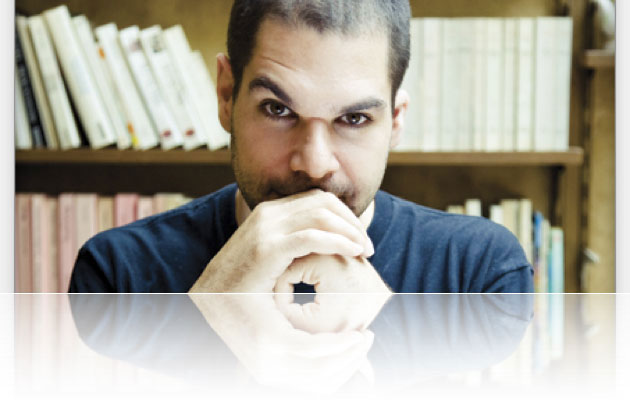Science is about objectivity. But for experimental philosophers, science interacts intimately with subjectivity.
Recent work by Joshua Knobe, Yale professor of philosophy and cognitive science, and his research team explores how subjective moral perspectives affect seemingly factual judgments, such as determining someone else’s intentions. This phenomenon occurs because morality shapes how people construe situations: They find some pieces of information more relevant than others.
For their study, the researchers developed hypothetical scenarios. The vice president of a company goes to the chairman of the board and proposes an idea that will either help or harm the environment. The chairman does not care about the environment; he just wants money. After surveying subjects, Knobe’s group found that people more readily say the chairman intentionally conducted the act when it harms the environment (the morally bad case).
Even when the idea proposed helps the environment, participants observe the chairman’s apathy. But when the chairman’s decision hurts the environment, the observer compares this to another possible outcome: the chairman could have acted to protect the environment. This comparison makes the chairman look especially bad.
“In both cases [people] are seeing the actual world, but they are thinking about different ways it could have gone,” Knobe said.
The situation invented for this study closely parallels the moral judgments that people have to make every day. Individuals differ in what they value, which skews their perception. Rather than thinking objectively about a situation, people let their morality sway their judgment.
Knobe’s study is an example of experimental philosophy, a field still in its developmental phase. “When I was a grad student, people saw a distinction between scientific questions and philosophy being done [from] an armchair,” Knobe said. He was referring to the notion of amateur thinkers engaging in casual philosophical conversation from a comfortable seat.
Experimental philosophy, according to Knobe, could displace armchair philosophy. “We can approach these questions by continuing philosophical tradition but by running experimental studies,” he said.
His team did exactly that by applying the scientific method to a philosophical inquiry: How does morality unconsciously impact a seemingly objective judgment?
Cover Image: Joshua Knobe, a professor of philosophy and cognitive science at Yale. Image courtesy of the Yale cognitive science department.

